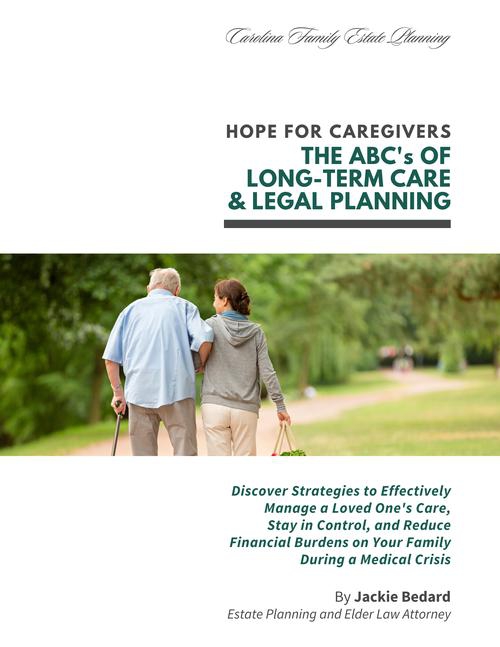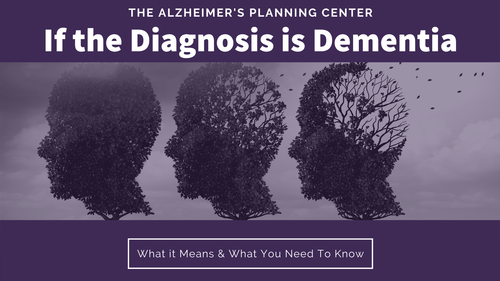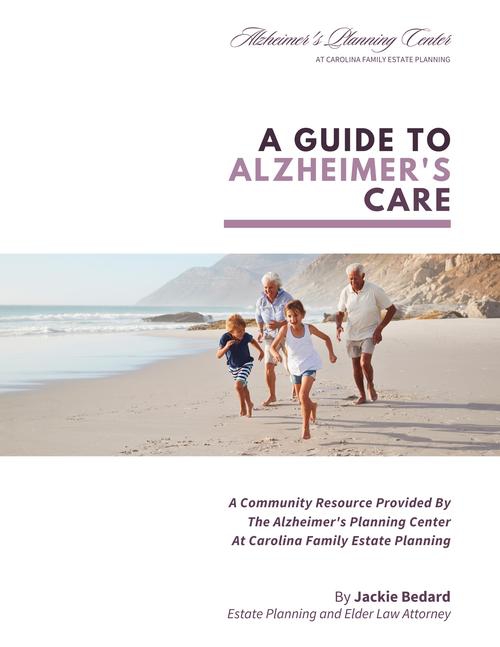
Medicaid has long been a lifeline for seniors and families navigating the high cost of long-term care. But as we move through 2025, important changes are emerging that could reshape how the program works for millions of Americans.
What’s Changing in Medicaid Policy
Federal lawmakers have proposed substantial reforms through the 2025 Reconciliation Bill that could reshape how Medicaid works across the country. These changes include:
- Reduced federal funding, which could pressure state budgets and limit service availability
- Stricter eligibility checks, requiring semiannual verifications for certain enrollees
- New work requirements for able-bodied adults enrolled under Medicaid expansion
- Mandatory copayments for non-critical services, up to $35 per visit
- Limits on retroactive coverage, reducing it from 90 to just 30 days
These shifts are designed to reduce spending and increase oversight, but they may also lead to increased administrative complexity and financial strain for many beneficiaries, particularly lower-income households. For North Carolina residents, staying informed and responding proactively to these changes will be key to avoiding coverage interruptions or out-of-pocket surprises.
Homeownership and Medicaid Eligibility
A major proposed change involves lowering the home equity limit for Medicaid long-term care eligibility. Starting in 2028, states may lower the home equity limit to just $500,000, and freeze it regardless of inflation. This change could significantly impact individuals whose homes have appreciated in value, particularly those living in modest neighborhoods where property values have steadily increased over time.
For many North Carolina families, the home is both a financial anchor and a legacy asset. If your home equity exceeds the new limit, you may become ineligible for long-term care benefits unless proactive steps are taken. Legal tools such as life estate deeds, irrevocable trusts, or property transfers under proper guidance can help safeguard your eligibility while protecting your home for future generations.
Nursing Home Staffing and Quality of Care
In 2024, federal guidelines introduced higher staffing standards for nursing homes. Though the 2025 Reconciliation Bill halts enforcement, some facilities have already adapted in anticipation. This could still impact costs, care quality, or availability, particularly in resource-limited areas.
A Narrower Safety Net for Emergencies
Medicaid’s retroactive coverage, previously allowing up to 90 days of backdated eligibility, will be reduced to just 30 days starting in 2026. This change means that if someone incurs medical expenses shortly before applying, they may be responsible for costs incurred beyond that 30-day window. It eliminates a vital cushion for families caught off-guard by sudden health events, like a stroke, fall, or emergency nursing home placement. To avoid large out-of-pocket bills, timely applications and advance planning are more critical than ever.
The Push Toward Home-Based Care
Shifting funds from institutional care to home- and community-based services (HCBS) reflects a growing preference to age at home. But without equivalent increases in funding, states may struggle to deliver adequate services to meet growing demand.
Take Action Now
If you’re in North Carolina and thinking about long-term care, don’t wait for a crisis. Proactive legal planning, especially with an elder law attorney, can help protect your options and financial well-being.
Final Thoughts
While Medicaid still offers crucial benefits, its landscape is changing. Staying informed and planning early is the best way to protect yourself and your loved ones in the years ahead. Click here to schedule a free case assessment, or give us a call at (919) 443-3035.
FAQs About Recent Medicaid Updates
1. Will I lose Medicaid if I don't meet the new work requirements?
If you're an able-bodied adult covered under Medicaid expansion, you may be subject to new work or community engagement requirements. Failing to meet them could result in loss of coverage. However, certain exemptions may apply based on health or caregiving status.
2. What types of services will require the new copayments?
The proposed $35 copayments will apply to non-critical services. These do not include primary care, mental health, emergency services, substance use treatment, family planning, or long-term care provided in facilities.
3. How will the new home equity limits affect Medicaid eligibility?
Starting in 2028, states may lower the home equity limit to as low as $500,000. If your home's value exceeds the threshold, it could disqualify you from long-term care benefits unless planning steps are taken in advance.
4. What does reducing retroactive coverage to 30 days mean?
Previously, Medicaid could cover eligible medical costs up to 90 days before applying. Starting in 2026, this period will be shortened to 30 days, making it crucial to apply as soon as care is needed.
5. Should I talk to a lawyer about these changes?
Yes. Medicaid rules are complex and evolving. Consulting an elder law attorney can help you navigate new regulations and protect your eligibility and assets.





